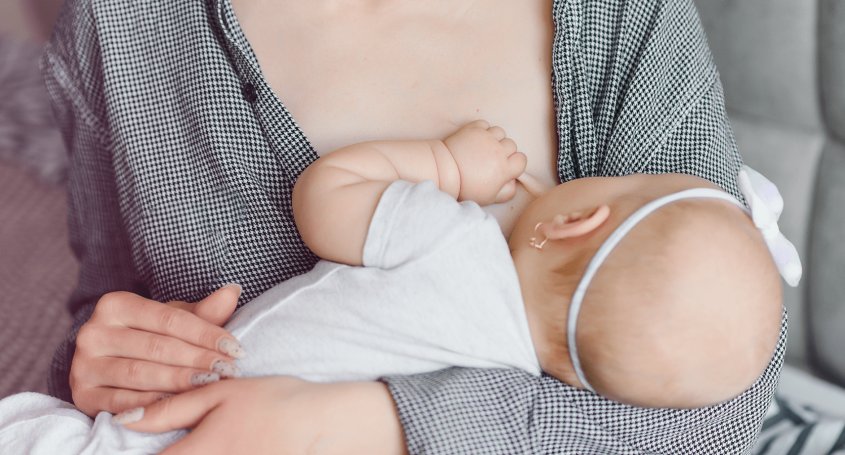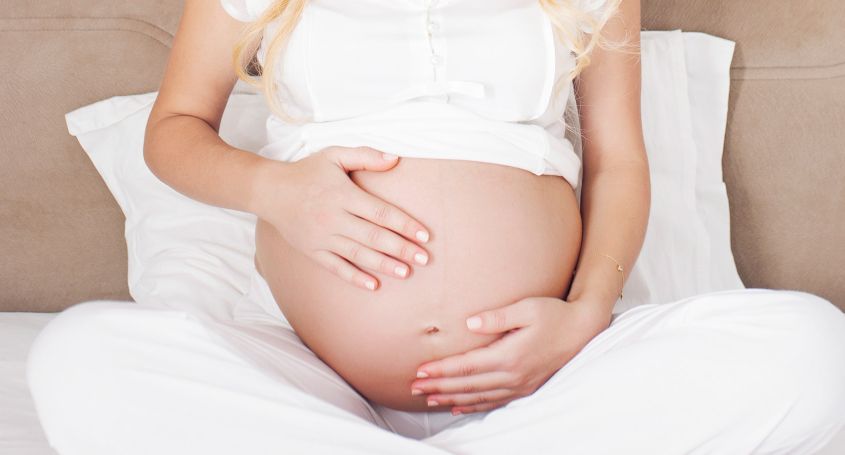Breast milk is considered the best food for newborn babies. It contains all the nutrients necessary for proper development and transmits maternal antibodies to protect against infections. For this reason, many mothers decide to extend breastfeeding beyond 6 months or even a year.
In order to start a new IVF treatment after childbirth, it is important to know the relationship between breastfeeding and a woman's fertility.
How long does it take for my period to come off after childbirth?
Depending on how you choose to feed your baby, it will take more or less time for your period to return. This is one of the main reasons why it may be delayed.
If you choose to formula feed your baby, it can take 8-10 weeks for your period to become regular again. If your period does not come back after two to three months, you need to consult a specialist.
With breastfeeding, it will take longer for the menstrual cycle to return. This delay can last between 3 and 6 months, usually due to the hormone prolactin.
Prolactin, progesterone and breastfeeding
Prolactin is a hormone produced in the pituitary gland. Its role is to stimulate breast development during pregnancy and milk production after birth. Before pregnancy, it is present at very low levels in the body and increases progressively from the first trimester of pregnancy onwards, although milk is not produced because the progesterone and oestrogens produced by the placenta inhibit the action of prolactin.
The expulsion of the placenta initiates the action of prolactin, which will remain at high levels for months after delivery. Levels fall again when the mother stops breastfeeding.
Is it possible to become pregnant without menstruation after childbirth?
Due to the increased prolactin level, an anovulatory period occurs. But as breastfeeding is reduced, the prolactin level returns to its normal state. So the possibility of pregnancy may exist, even if it is low.
Breastfeeding and assisted reproduction: is it compatible?
The biological clock does not wait, which is why many mothers consider having a second child as soon as they have their first. However, the question arises as to whether breastfeeding and assisted reproduction are compatible.
As we have seen above, breastfeeding is a hormonal process and therefore the woman's body is not in its usual state, but there is a special hormonal situation and this interferes with IVF treatment.
Therefore, it is best to separate breastfeeding and the start of a new fertility treatment for two main reasons:
- Breastfeeding inhibits ovulation due to the high level of prolactin. Therefore, pregnancy and breastfeeding do not usually occur at the same time.
- IVF treatment includes the administration of hormones for ovarian stimulation which may interfere with breastfeeding and vice versa. Oestrogens affect the prolactin level and therefore breast milk production decreases.
In any case, our recommendation is that you should always consult with your specialist in order to make the best decision for you.















